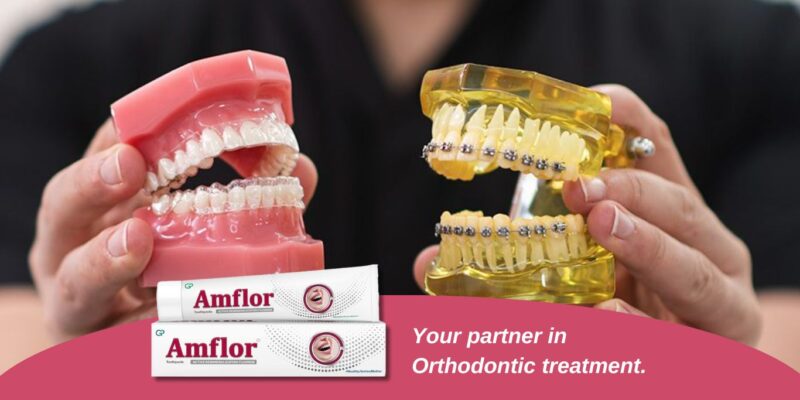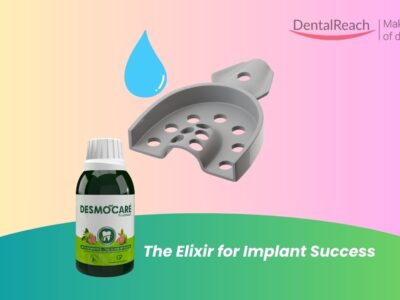A recent study compared pain perception, pain intensity, and the use of analgesics in patients treated with fixed appliances (FAs) and clear aligners (CAs) over six months.
Conducted in two orthodontic centers, this study involved 87 adult patients and utilized surveys at multiple intervals to capture variations in pain experience between these treatment options.
Patients aged 18 and above, who had chosen either CA or FA treatment, were surveyed digitally before, two days after, and seven days after each appointment. Pain was assessed on a visual analog scale (VAS), with additional questions about pain quality, the need for pain relief medication, and pain during specific activities (chewing vs. resting). Statistical analysis used Wilcoxon, t-tests, and Fisher’s exact chi-square tests.
The findings highlighted that patients with FAs reported a higher intensity and frequency of pain at various stages compared to those with CAs.
- 2-Day Postappointment Pain: The FA group experienced more intense pain after the second, third, and fifth appointments (p < 0.030). Meanwhile, dull pain was the most common in both groups, but FA patients reported more throbbing (31%) and sharp (20%) pain compared to CA patients (p = 0.035).
- 7-Day Postappointment P While CA patients reported more pain at rest, FA patients found chewing to be the most painful activity (p = 0.002).
- Pain During Activities: While CA patients reported more pain at rest, FA patients found chewing to be the most painful activity (p = 0.002).
- Analgesic Use: Analgesic consumption was significantly higher in the FA group, particularly after the initial appointment (p = 0.037).
The study shows that initial pain levels for both FA and CA patients were similar in the days following the first appointment. However, FA pain peaked two days after adjustments, especially when new materials were introduced, and could persist for up to seven days in some cases. In contrast, CA patients generally reported lower pain levels, and their discomfort typically returned to baseline by the seven-day mark. This reduced intensity may relate to the gradual, incremental force applied by aligners compared to the continuous force of FAs.
As patient expectations around comfort continue to grow, this study provides valuable insights for orthodontists in addressing pain concerns, guiding appliance choices, and managing patient comfort effectively throughout treatment.
Reference: Orthodontic pain with fixed appliances and clear aligners: A 6-month comparison
Chan, Victor, et al.American Journal of Orthodontics and Dentofacial Orthopedics, Volume 166, Issue 5, 469 – 479




















Comments